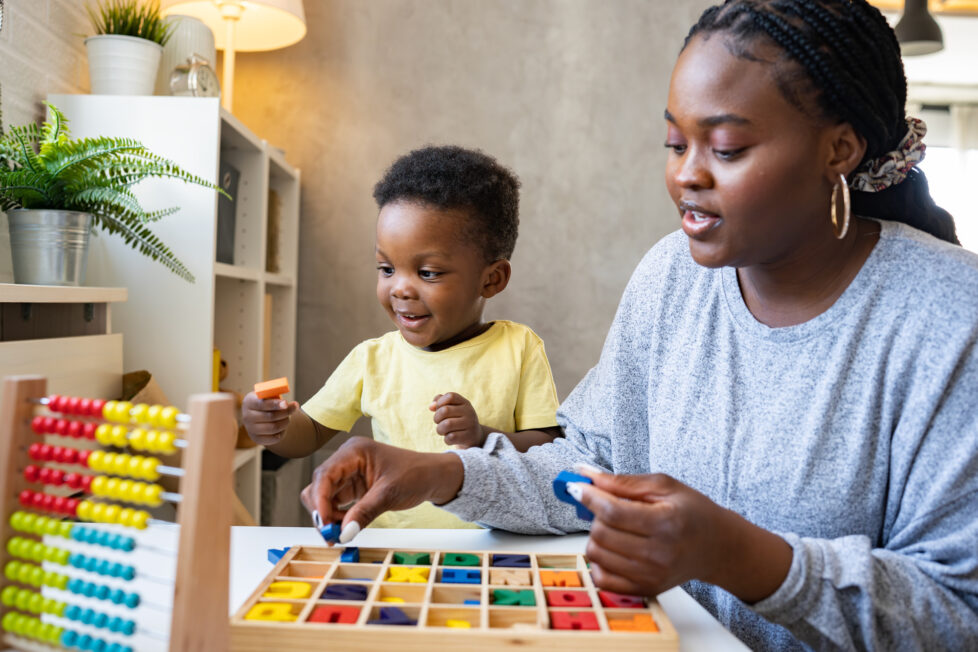Maximizing Child Potential: The Benefits Of Early Education


Every parent dreams of setting their child up for success, and you’re probably no exception. Imagine if there was a proven method to give your young one a head start in life. Fortunately, such options exist.
Early education stands out as one of the best choices. It far surpasses the simple ABCs and 123s as it also plays a crucial role in nurturing your child’s cognitive, emotional, and social capabilities.
Below are some benefits of early education from institutions specializing in childcare Belmore:
Remember the excitement of learning something new as a child? Such curiosity is natural, but it can fade if not nurtured. Early education doesn’t just feed this curiosity — it fosters a lifelong passion for learning.
Engaging children in various interactive activities and introducing diverse subjects can help them become active learners. They’re not just passive recipients of information; they question, explore, and seek answers. This proactive attitude becomes a cornerstone for future academic and professional pursuits.
Creativity helps in cultivating a mindset that sees possibilities everywhere. When children are encouraged to be creative, they develop a unique perspective towards problem-solving and approach challenges with a can-do attitude. Early education offers the resources and environment to foster this:
By integrating these activities into early education, children explore their talents and lay the foundation for innovative thinking in the future.
Early childhood development is essential for your child’s academic journey. Familiarizing children with the basics of reading, writing, math, and science and technology sets them up for success in formal schooling. They enter grade school with confidence, equipped with foundational skills that give them an edge.
Additionally, this early exposure reduces the anxiety often associated with transitioning to structured learning environments. It serves as a bridge, ensuring that the leap from preschool to primary school is smooth and less daunting.
Building emotional and social skills is more than making friends or playing well with others. It also establishes how children will relate to the world as they mature:
Early education provides a space for children to interact with peers. They learn essential life skills like sharing, empathy, teamwork, and patience. They also start understanding their own emotions and those of others. This emotional and social grooming is invaluable for confronting life’s later challenges.
In their early years, children’s brains are incredibly adaptable and eager to learn. Early education introduces stimuli that drive cognitive growth. Through various tasks and games, children develop problem-solving skills, improve their memory, and enhance their attention span. By giving them opportunities to think, reason, and experiment, you’re sharpening their intellect from a tender age.
Physical activity is more than playtime; it’s integral to a child’s growth. Early education introduces structured physical activities that:
Physical growth might seem automatic, but it’s guided and optimized with early education. It’s about height, strength, coordination, and overall health.
With the world evolving rapidly, adaptability becomes essential in early childhood development. Early education introduces children to diverse experiences, such as multicultural festivals, storybooks from various global perspectives, and teachings reflecting diverse cultural and philosophical perspectives, including individualism, collectivism, and environmentalism.
This broad exposure instills an open-minded approach in children. They learn to adjust, welcome change and genuinely appreciate the diverse tapestry of human experience.
Early education isn’t just another phase in a child’s life; it’s the bedrock of their future. By prioritizing it, you’re ensuring academic prowess and shaping a well-rounded individual. In an era of information overload, genuine learning and character development are crucial. Early education offers both. So, when considering the best for your child, remember the immense potential of starting early.
